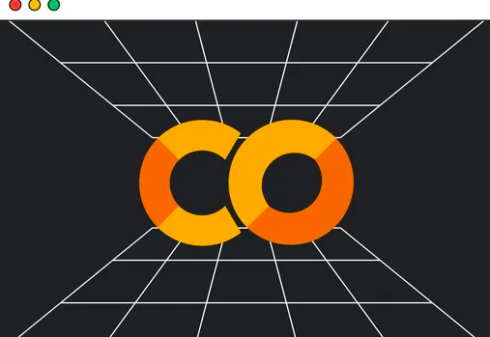
Google will be making some AI enhancements to its Colab offering, which is a browser-based tool for writing and executing Python code, that is often used by beginners to learn how to code without needing to set up a coding environment. The tool will soon incorporate AI coding features such as code completion, the ability to generate code from natural language, and even a code-assisting chatbot.
Colab will leverage Codey, a family of code models built on PaLM 2, which was recently unveiled at I/O. Codey has been fine-tuned using a vast dataset of high-quality, permissively licensed code from external sources to enhance its performance in coding tasks. Moreover, the versions of Codey utilized to power Colab have been specifically tailored for Python and for the unique needs of Colab.
Colab users in the United States will be granted initial access to the Codey models integrated within Colab, delivering a significant boost to programming speed, quality, and comprehension. The primary emphasis of Google’s initial features will be around code generation.
“Natural language to code generation helps you generate larger blocks of code, writing whole functions from comments or prompts. The goal here is to reduce the need for writing repetitive code, so you can focus on the more interesting parts of programming and data science. Eligible users in Colab will see a new “Generate” button in their notebooks, allowing them to enter any text prompt to generate code,” Chris Perry, group product manager at Colab, and Shrestha Basu Mallick, senior product manager at Google Labs, wrote in a blog post.
Google also introduced a chatbot directly into Colab. In the near future, users will have the ability to pose questions directly within Colab, such as “How can data be imported from Google Sheets?” or “What is the process for filtering a Pandas DataFrame?”
Additional details will be announced on the @googlecolab Twitter page as they come.





